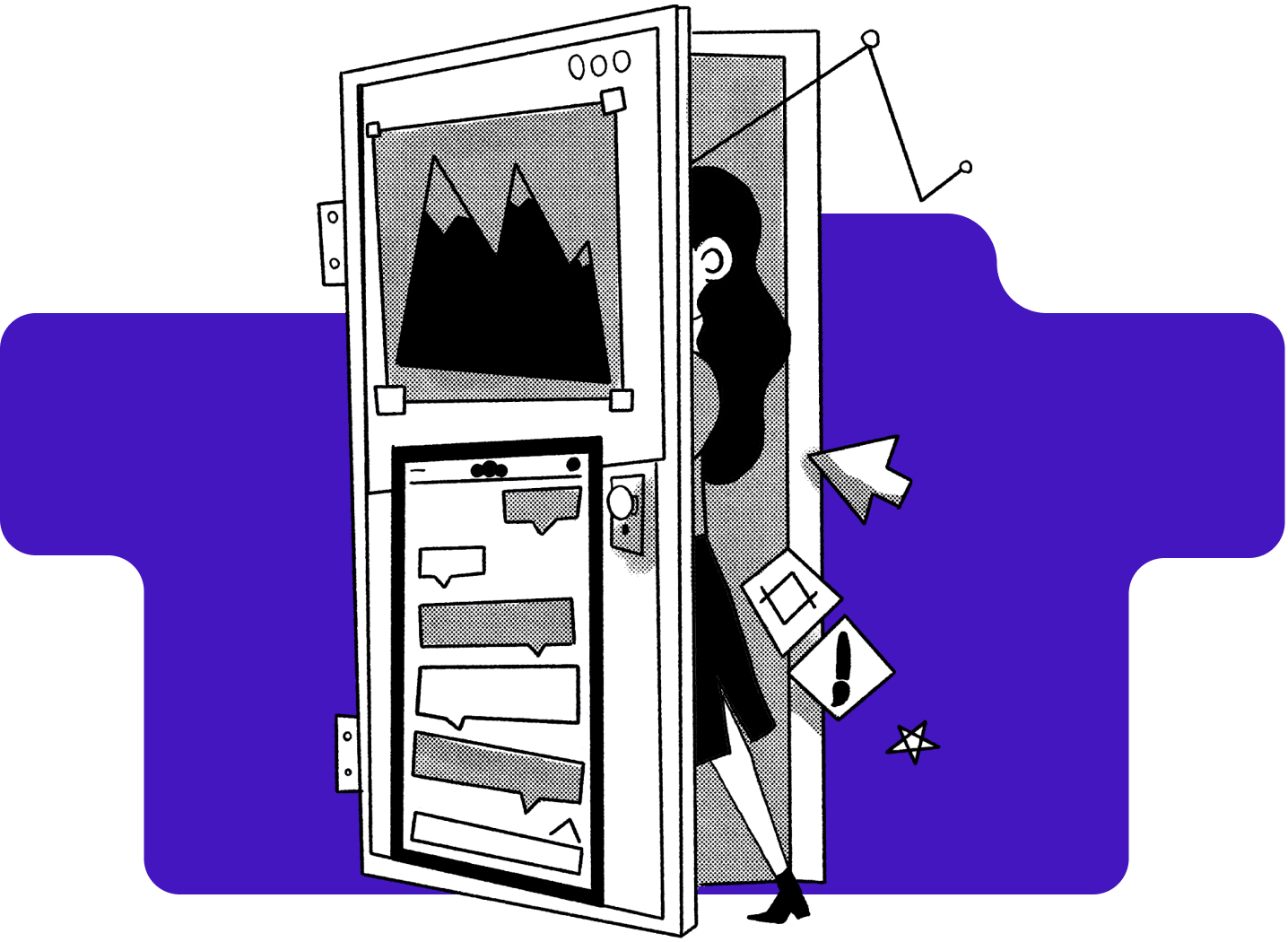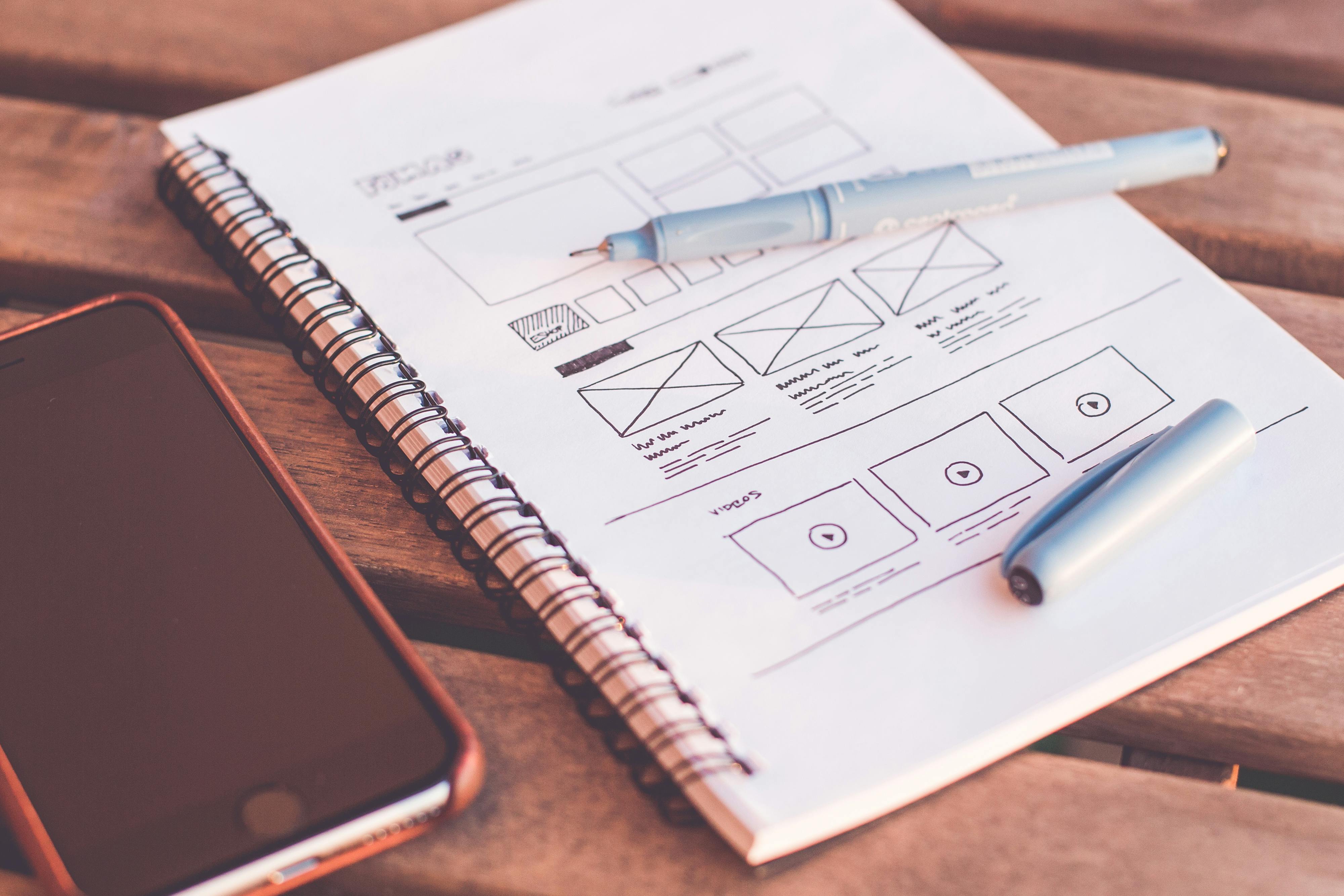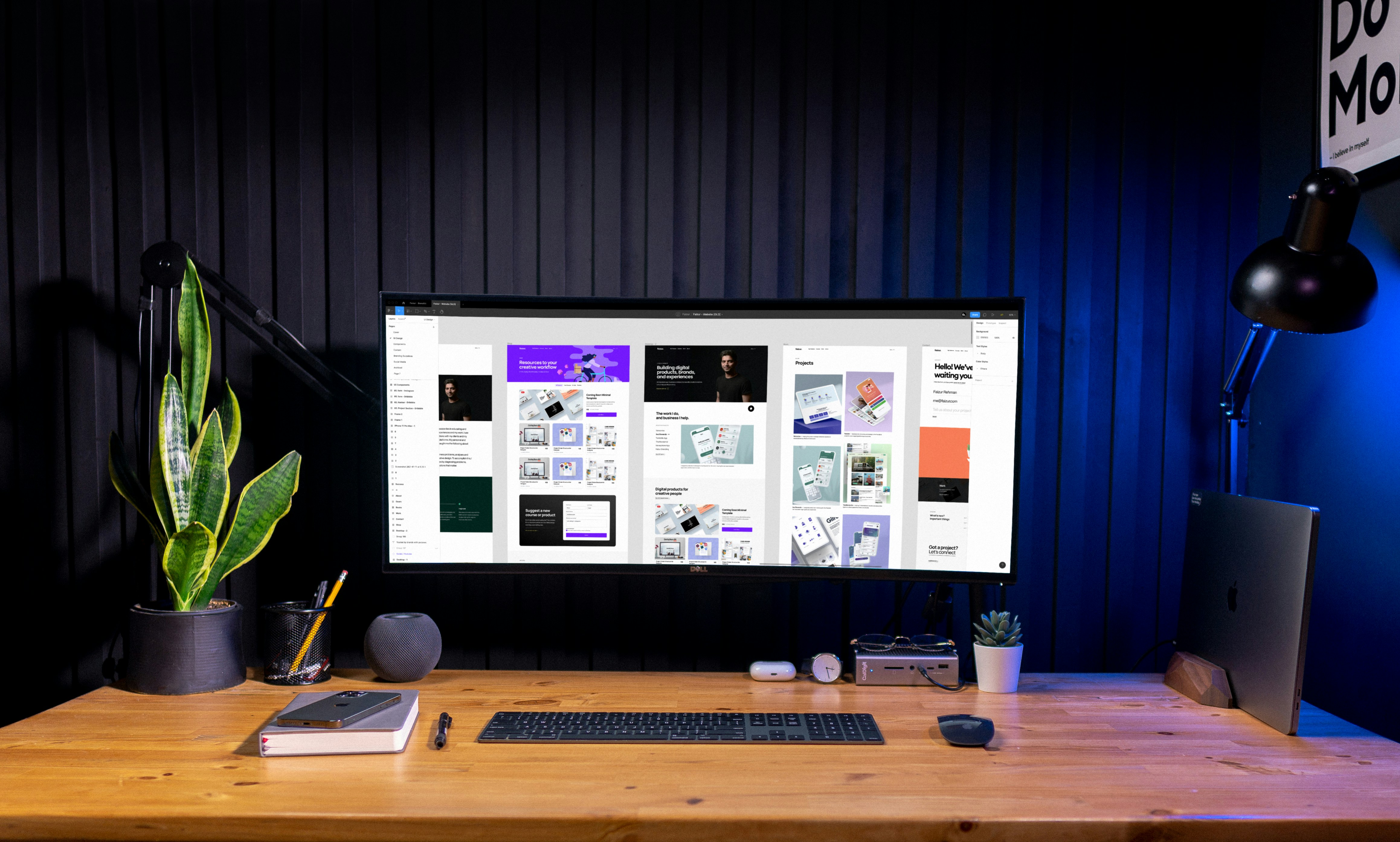As we begin the new year, you’ll find plenty of advice articles about making New Year’s resolutions and, for skeptics, you can even find articles about cultivating “anti-New Year’s resolutions” too.
Regardless of where you stand on this common practice of making resolutions, we have all perhaps felt the pressure to take stock of our lives and career as the old year tapers to an end and assess whether something may be falling short on our expectations.
Next year will be different!, we tell ourselves. I’ll be better!, we say. We make lots of sweeping, high-pressured promises—to improve our health, to indulge less, spend more time with family and friends. While we may love the idea of fresh starts, new experiences, and transformations, the truth is that over 80% of New Year’s resolutions fail.
Timothy Pychyl, a professor of psychology at Carleton University in Canada, describes resolutions as a form of “cultural procrastination,” an effort to reinvent oneself. People make resolutions as a way of motivating themselves, but the high failure rate of New Year’s resolutions often occurs because we set unrealistic goals and expectations.
A few years ago, while considering a career change of my own (from teaching in academia to UX/UI design), I did what many people do when they’re in the thick of an important decision and need a quick pick-me-up—I got a haircut. At the salon, I met a hairstylist—an African American woman and mother in her thirties—who told me about her recent career change, from successful financial advisor to hair stylist. She shared about her long-standing curiosity about hairstyling since she was a young girl and, while she liked her old job well enough and made a generous salary, she wanted to give something new a try.
She planned ahead to ensure the career transition went as smoothly as possible and also saved money for two years. As a single parent, she arranged for family to help with babysitting when she would be at hairstyling school. Some people told her she was making a mistake and would regret this decision. However, when I asked how she was liking her new career, she paused, smiling, and turned to me in the mirror and said, “I’m loving it.”
What strikes me about this woman and this conversation is that her decision felt very much based on a focused listening to herself and her dreams, while tuning out the white noise of pressures (societal and social expectations, as well as self-induced pressures to follow a certain, prescribed path). Ultimately, she reached her goals through resolve and patience, using steps that were actionable and realistic.
According to a CareerBuilder survey, many of the top New Year’s resolutions are related to career dissatisfaction. For instance, 1 in 5 people want to land a new job in the new year while “learning something new” and “being less stressed” were also popular.
Living in a world in which we’re constantly bombarded with external stimuli, we may find it challenging to quiet the internal noise in order to truly hear ourselves and what we want to attain in our lives. Rather than focusing too much on the year ahead (which can automatically induce an array of pressures), let’s look back—a kind of year in review, so to speak—to hone in on what we truly might be telling ourselves and take the time to reflect on important questions that may offer more clarity about next steps.
Are you seeking more fulfillment in your career?
If so, what kind of fulfillment?
If possible, try to imagine “fulfillment” in more concrete terms. Does fulfillment involve you being able to travel more and work from a cafe anywhere in the world? Or perhaps you define fulfillment as involving more creativity in your career? Or feeling more empowered about your contributions to a team? Or does fulfillment mean making a meaningful impact in the world?
Describing the implications of fulfillment in our working lives, Designlab’s co-founder, Harish Venkatesan, says,
Work can be so much more than a way to eke out a living and get by. At its best and most aspirational, work is a vehicle to find purpose, autonomy, and flow ... Something really magical happens when you immerse yourself in challenging work that you love and have some skill at. The hours fly by and you seem to lose yourself in that pursuit: for some, this is a sign that they have found their life’s vocation.
Are you feeling overly stressed at work?
If so, how is that impacting your health, performance, and overall outlook?
Rather than seeking what you do want, another approach can involve getting rid of and saying no to that which you know you don’t want, or what Greg McKeown describes as pursuing “less, but better, so you can make the highest possible contribution.” It may sound like a matter of semantics, but it isn’t. Rather than seeking, say, weight loss or a new job, saying no to what you don’t want (e.g. more stress, feeling overworked, toxic work environment, etc.) can also bring clarity.
Deep down, in our guts, we’re often aware of the things we tolerate that act as barriers to our best selves. If we give ourselves permission, how might we reimagine our experiences—in our careers and elsewhere? In other words, to borrow the phrase from psychologist Judith Sills (and author of The Comfort Trap), how might we master the "art of possibility” and create a new internal vision in relation to change?
What does meaningful work look like to you?
The truth is, your career — regardless of how much you love or don’t love it — probably shouldn’t overly define you. But if it feels like it does, check out “11 Certain Signs You’re Ready For A New Career,” and ask yourself if you notice any of these indicators about whether or not something is out of alignment.
It’s no surprise that overcoming the fear of change — especially in tough, economic times or when other pressures are at play — can be challenging to face. Brain scientists, Antonio Damasio and Joseph LeDoux, and psychotherapist Stephen Hayes note, however, that “change requires creating new neural pathways from new thinking.”
The notion of job stability and holding onto one career, for instance, used to represent conventional ways of thinking, however, evidence reveals that people have, on average, at least 12 jobs during their lifetime, and this number is expected to grow. In other words, we’re encountering new ways of thinking and realizing that career changing is actually beneficial in many ways.
Roman Krznaric, author of How to Find Fulfilling Work, asserts that being a “wide achiever” — what he calls people with multiple areas of interest (vs. specializing in one area) — is often the better way to use our talents and be successful.
Finding career fulfillment is more complicated than it seems though and the definition, of course, can vary greatly, depending on who you ask. Because our perceptions of our experiences — especially about our careers— are highly subjective, we are susceptible to judging “the pleasure of an experience by its ending,” writes Harvard professor and psychologist, Dan Gilbert, in Stumbling on Happiness. Experts from positive psychology — “the science of happiness” — along with research into motivation and job satisfaction reveal a myriad of factors at play when it comes to how we strive for and perceive our career satisfaction.
For these reasons, startup Founder and curiosity expert, Tom McDermott, suggests that the popular advice of “following your passion” isn’t necessarily the key to attaining career happiness and success. Instead, he advises to explore more deeply what you’re profoundly curious about and ask the right questions to help ensure your “talent, strengths, passion, and curiosity are in sync.”
About the common sentiment of feeling like “something is missing” in terms of career fulfillment, McDermott believes that many of us may not have a personal, profound connection to our work that draws from our own life experiences. In “What’s The Definition Of ‘Meaningful Work?’,” he writes,
…until [we] find that connection, something will always be missing ... On the flip side, I also discovered that the people that had the greatest, lasting sense of meaning and fulfillment, are those that overcame personal challenges and experiences in their own life, found some answers along the way, along with some wisdom, and eventually turned around to help others overcome those same/similar challenges.
For prompting deeper exploration about career fulfillment, McDermott challenges us to ask ourselves the question, “What’s most profoundly meaningful to you?”
Psychologist, career coach, and Rutgers University professor of Human Resource Management, Dr. Paula Caligiuri, includes personal discovery exercises in her book, Get a Life, Not a Job: Do What You Love and Let Your Talents Work For You, to help navigate the complexities of career changes.
The bottom line is that you don’t have to stay on a career path that’s not right for you, but making a change will involve new ways of thinking. So what does your most meaningful work look like? And what is the very first step you can take towards making it happen? Is there a new skill or career field that you’re curious about?
You deserve to be able to shape your own destiny. We all do. So don’t wait for January 1st to make any kind of meaningful change, however small or grand. Just take a step.
Considering a career switch? You can test the water in your spare time with our introductory short course, Design 101.
It lasts 4 weeks, and you can work on the materials whenever you have time. Each week, you'll get to meet 1-on-1 with a mentor who works in the industry, and they'll give feedback on your work and help you improve! Find out more



.svg)







%20(1)-min.png)

.png)




